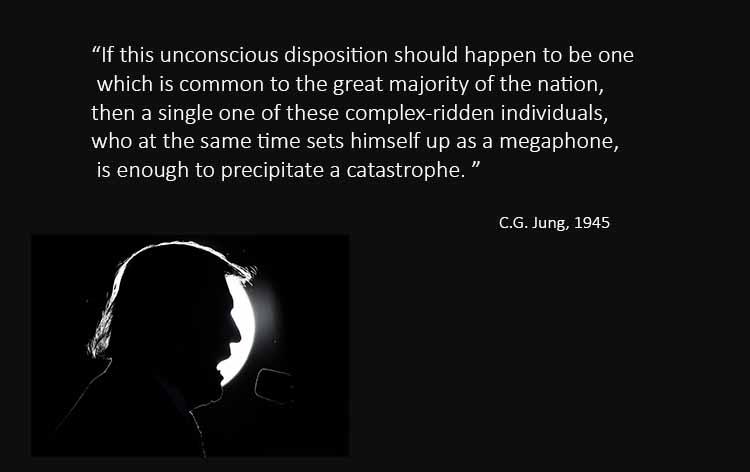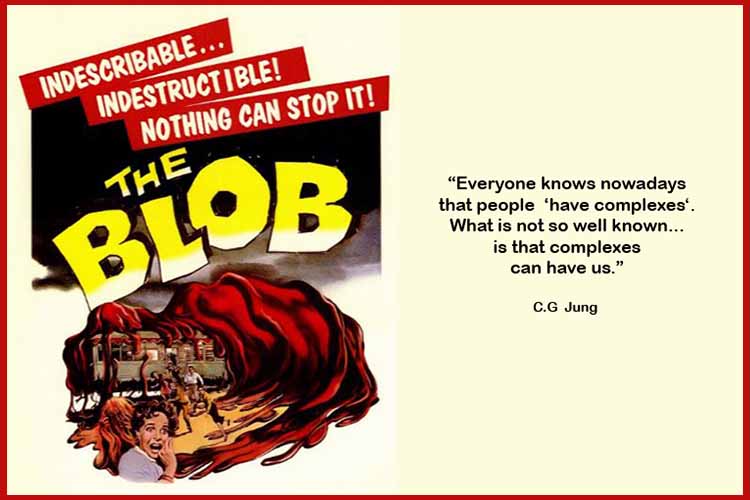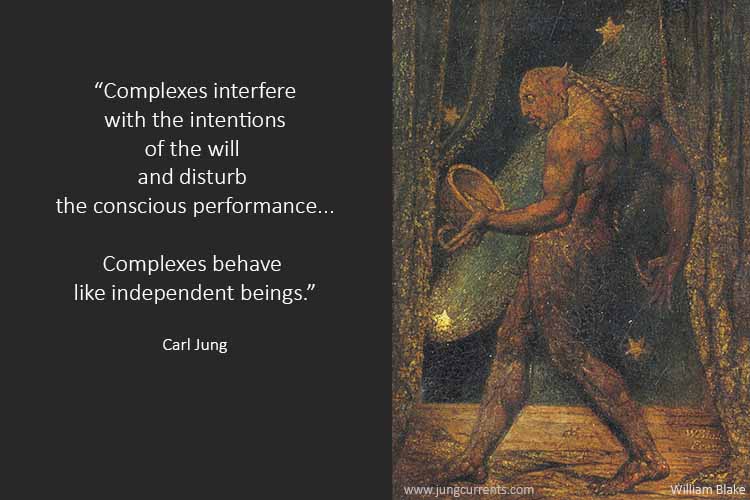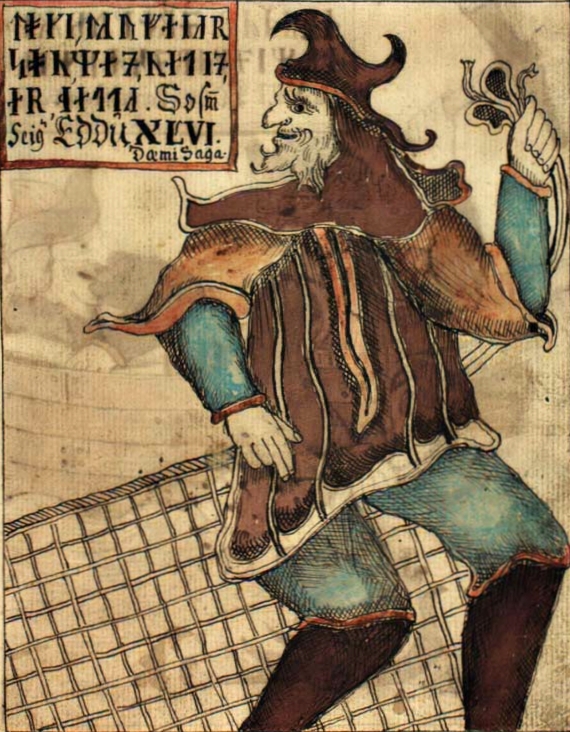C.G. Jung: On the Soul
“The soul, too, according to tradition, has a round form. As the Monk of Heisterbach says, it is not only “like to the sphere of the moon, but is furnished on all sides with eyes” (ex omni parte oculata)… His remark refers in all probability to certain parapsychological phenomena, the “globes of light” or globular luminosities which,…

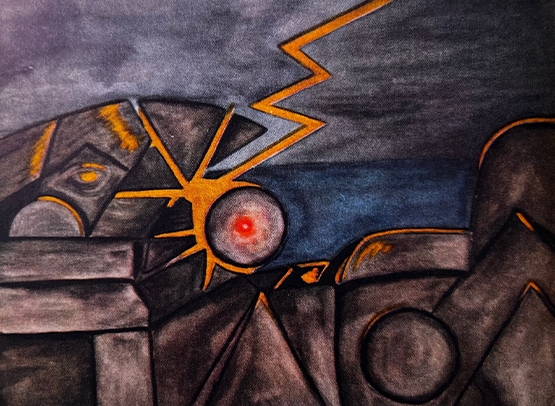
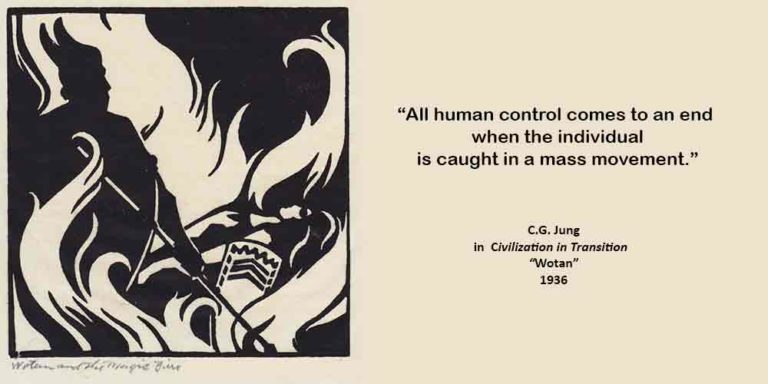
![C.G. Jung: “[Hitler] was an utterly incapable, unadapted, irresponsible, psychopathic personality, full of empty, infantile fantasies… He represented the shadow…”](https://jungcurrents.com/wp-content/uploads/2018/04/hitler-jung-shadow-jungcurrents-1-768x384.jpg)
